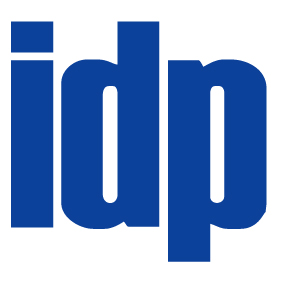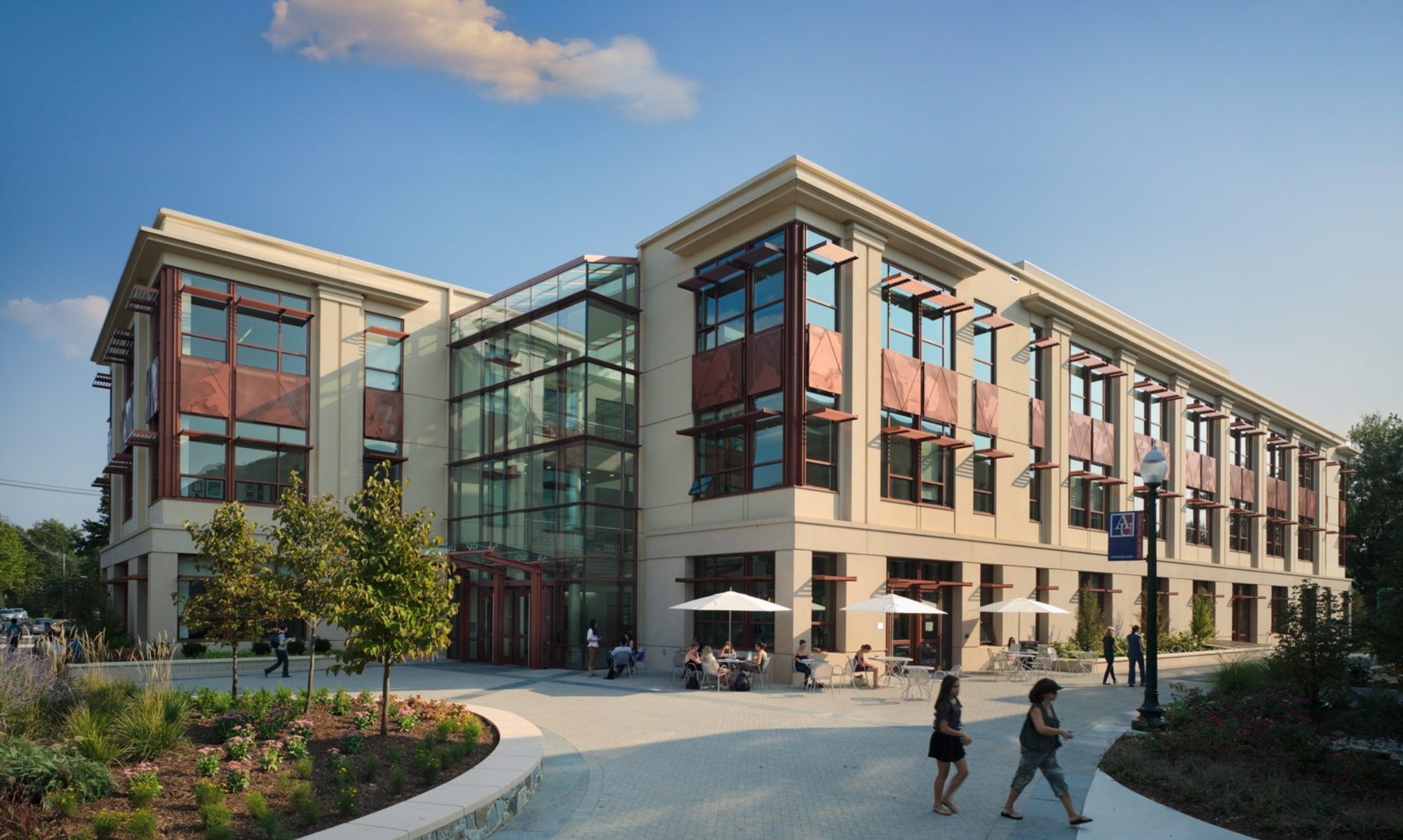![]()

The School of International Service at American University in Washington, DC is pleased to present a course specifically for IDP students on the topic of Development Policy in the Global South.
Course Dates: December 2nd-13th, 2019 in Washington, DC
Course Fee: $2500 USD
Application Deadline: September 30th, 2019
More Information:
Questions and enrollment requests should be sent to Matheus Souza (internacional@idp.edu.br / (61) 9862-8600)
Special Hotel Rate for Program Participants (Bethesda, MD):
http://group.hiltongardeninn.com/americanuniversity-sis-dipprogram
Course Objectives
This course has three main goals. The first is to help graduate and undergraduate students develop critical, multidisciplinary and practical thinking about problems related to development in the global South and beyond. The second is to introduce students to the most updated and controversial topics related to political, economic and social development, giving them skills that will be useful as they initiate their careers as researchers, legal practitioners or civil servants. The third goal is to provide students with a cultural and political immersion in Washington D.C., where they will meet high-level professors at American University and also practitioners from international organizations.
Course Description
The course will focus on analytical and critical skills relevant to addressing economic, political and social development in different countries. Students will have the chance to debate the foundations of traditional policy making and alternative approaches to some of world’s most pressing challenges, such as economic growth, distribution of wealth, accountability, and corruption. These complex global issues are best understood through a comparative perspective, and American University´s wide expertise in Latin America enables it to engage case studies from Brazil and the broader region.
Additionally, participants will have the opportunity to enrich their academic training with institutional visits and meetings in Washington D.C., including international organizations, government agencies, and think tanks.
Themes
Economic Development
Contemporary measures and approaches to economic development. Evolving development paradigms; Relationships and tensions between development and growth. Inequality and the role of government, including welfare state regimes. International organizations and foreign investment in the global south. The Rule of Law as a factor for economic competitiveness. Challenges of economic reform in Latin America.
Social Development
Concepts of social development and the developmental interaction between economic opportunities, political freedoms, social facilities, transparency guarantees, and protective security. The emergence of social accountability as a new research field. Normative arguments and empirical evidence about the relations between transparency, participation and accountability. The gap between voice and implementation of public policy. The difficulties of measuring impacts and effects about participatory policies. The sandwich strategies and the difference between tactical and strategic approaches. Theories of change and explanations about how change happens. Practical case studies about social development and social accountability in the Global South.
Political Development and Accountability
The concepts of political accountability. Gradual institutional change, institutional interaction, punctuated equilibrium, policy bursts and institutional development. Concepts of corruption and challenges in the measurement and in anticorruption policy. Case studies of Brazil, Japan, Italy, Rwanda. Institutional development and institutional autonomy. State capacity.
Course Coordinator: Professor Matthew Taylor, American University School of International Service
Professor Taylor’s research and teaching interests include state capacity, corruption, and Latin American political economy. He has lived and worked extensively in Brazil, most recently as a member of the faculty at the University of São Paulo, from 2006 to 2011.
Taylor is the author of Judging Policy: Courts and Policy Reform in Democratic Brazil (Stanford University Press, 2008), which was awarded the Brazilian Political Science Association’s Victor Nunes Leal Prize for best book, co-editor with Timothy J. Power of Corruption and Democracy in Brazil: The Struggle for Accountability (University of Notre Dame Press, 2011), and co-editor, with Oliver Stuenkel, of Brazil on the Global Stage: Power, Ideas, and the Liberal International Order (Palgrave, 2015). His scholarly work has been published in a variety of journals, including Comparative Politics, Journal of Latin American Studies, Latin American Politics & Society, Governance, and World Politics. In 2015, Taylor was a fellow in the Brazil Institute at the Woodrow Wilson International Center for Scholars. From 2016 to 2017, he served as adjunct senior fellow for Latin America Studies at the Council on Foreign Relations.
About the School of International Service
American University is a private, co-educational doctoral institution situated in a quiet, safe, residential neighborhood of northwest Washington, D.C. AU is classified as an R2 Institution, ranked “Doctoral: Higher Research Activity” by the Carnegie Classification of Institutions of Higher Education. AU consistently ranks among the nation’s best universities, including in community service, engagement, and campus sustainability.
Nestled in a residential district of Washington, DC, AU’s beautiful 90-acre campus gives the advantages of a traditional college setting combined with unparalleled access to the energy, culture, and opportunities of the nation’s capital. AU’s campus is situated at the upper end of Washington’s “Embassy Row”, affording a cosmopolitan atmosphere in a neighborhood favored by diplomats.
American University’s School of International Service (SIS) is a top-10 school of international affairs located in Washington, D.C. Since our founding in 1957, we have answered President Dwight D. Eisenhower’s call to prepare students of international affairs to “wage peace.” We do so because we believe the world needs leaders who are ready to serve.
SIS, led by Dean Christine BN Chin, is guided by 120 full-time faculty. Our world-renowned faculty — leading political scientists, economists, sociologists, anthropologists, demographers, geographers, historians, and experts in international development, global health, communications, energy, and the environment — produce transformational research and prepare more than 3,000 graduate and undergraduate students for global careers in government, nonprofits, and business.
Thoughtful and aspirational, with wide-ranging backgrounds and experience, our students take advantage of Washington’s wealth of resources and professional opportunities, and our active international network of more than 20,000 SIS alumni. Students graduate prepared to combine knowledge and practice and to serve the global community as an emerging leader, waging peace and building understanding in our world.
